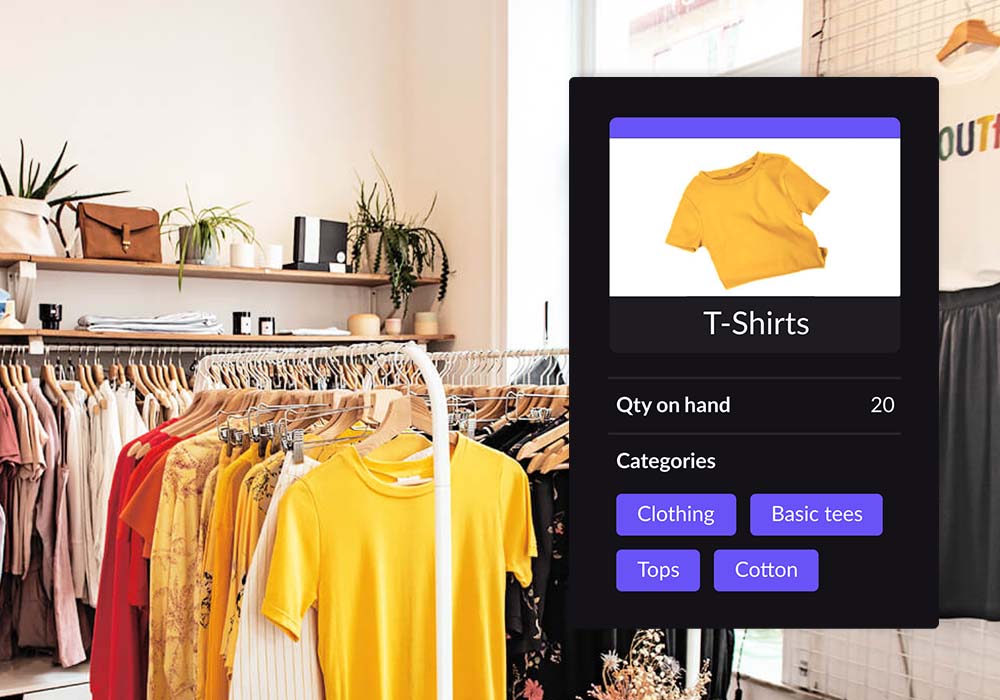
Easy Inventory Management for Better Retail
Delight Your Customers: Smoothing Order Processing for Happy Clients


Make Your Business Better: Improving Wholesale & Distribution Operations
Easier Shipping Management: Track and Control Shipments


Effortless Import Tracking: Stay on Top of Shipments from Start to Finish
Frequently Asked Questions
An ERP system provides wholesalers and distributors with real-time insights into sales trends, customer preferences, and inventory levels, enabling them to respond quickly to market shifts and changing customer demands. By facilitating data-driven decision-making and agile business processes, ERP systems help businesses stay competitive and seize new opportunities for growth.
ERP systems address common challenges faced by wholesale and distribution businesses, such as inventory inaccuracies, order processing delays, inefficient warehouse management, and manual data entry errors. By automating routine tasks, streamlining operations, and improving visibility across the supply chain, ERP systems help businesses overcome these challenges and achieve greater efficiency and profitability.
ERP systems provide a centralized platform for sharing information, collaborating on projects, and communicating with team members across departments and locations. By breaking down silos and facilitating cross-functional collaboration, ERP systems improve coordination, decision-making, and overall productivity within wholesale and distribution teams.
ERP systems incorporate advanced analytics capabilities that enable wholesale and distribution businesses to analyze sales data, identify trends, and forecast demand more accurately. By leveraging data analytics, businesses can optimize inventory levels, improve pricing strategies, and enhance customer segmentation, leading to increased profitability and customer satisfaction.
ERP systems enable wholesale and distribution businesses to provide better customer service by improving order accuracy, shortening lead times, and enhancing communication with customers. With features such as order tracking, self-service portals, and automated notifications, ERP systems help businesses deliver a superior customer experience, fostering loyalty and repeat business.
